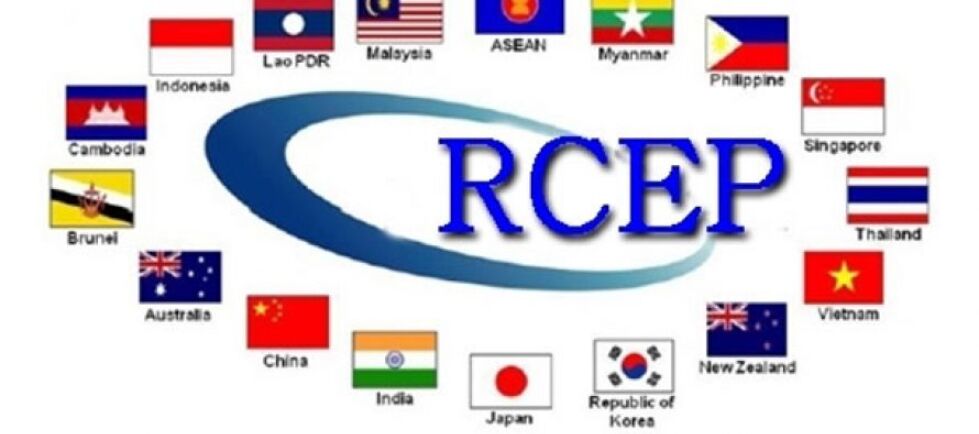A big gamble

When it was conceived of in 2011, RCEP (Regional Comprehensive Economic Partnership) excited the world with the prospect that with its existence, the global centre of influence would shift. After all, the formation of RCEP would group together as much as 30 per cent of the global GDP and population into one grouping. When it was first incepted, it left its competitor organisation, TPP (Trans-Pacific Partnership) in the dust as it was estimated that the combined growth of prominent members like India, China and Indonesia could see RCEP reach an economic scale that is roughly double that of TPP by 2050.
Of course, things have changed. RCEP was the next big thing at that time, a promise of change but one that appeared too grand and tedious to even materialise. Negotiations started in 2013 and by all accounts were a difficult and contentious affair. India, one of the core nations of this would-be organisation particularly came into friction with the group over its reluctance to open up its markets. India at the time was in the midst of the very same economic slowdown that has been aggravated in the current context. At that point, the potential signing of the RCEP had raised a furore in the already tense Indian economy with fears that a lack of trade protection and unrestricted borders would give Chinese companies an opportunity to completely overwhelm and dominate local Indian companies that would not be able to match their scale and speed. India already had a trade deficit of USD 50 billion with China which may well have widened even more considerably as RCEP removed free trade restrictions. Ultimately, India chose to exit the RCEP grouping in 2019, one year before it was to come into existence. PM Modi expressed that RCEP was not currently in a form that would serve India best at the time. This ultimately left open the possibility that India would return at a later date. A possibility that is welcomed by RCEP members who have extended India the opportunity to come back at a late date, though no mention has been made regarding the specific factors that drove India away in the first place. All the same, India's exit was seen as a significant enough factor for the RCEP for many to question its viability and future. Indeed, soon after India pulled out, Japan announced that it would do the same, that they too would only return when India does so. Ultimately, for a number of factors, Japan did not walk out and continues an uneasy negotiation with Beijing.
What truly enabled RCEP however was the US pull back from multilateralism under Trump. Relationships and trade pacts that Obama signed to maintain US influence across global markets were quickly dismantled by Trump who claimed that the world had exploited the US for too long. He voided and began the process of re-negotiating the deals he considered 'unfair'. As regards the TPP itself, Trump pulled the US out of it in 2017, effectively ceding this area of influence to China. Critics of this decision not only stated that Trump ceded the region and its economic potential to China but also ceded the moral higher ground as it played into China's narrative of building 'bridges and not walls'. Now, as the RCEP comes into being this week, questions are being raised about the relevant actors and their positions on the world's largest trading bloc. For China, experts have noted that RCEP provides an opportunity to cut its dependence on foreign markets, relying instead on regional supply chains that it can control. Amidst an ongoing trade war with the US, it cannot be overstated just how much wiggle room RCEP gives China. In regards to the US, many experts and even Trump himself has expressed that it may be necessary for the US to return to the TPP but with the current state of US politics, it is hard to say when that might be. Finally, there is India itself. India has an odd situation to contend. There are supporters for both sides of the argument with a majority of the expert economic opinion telling India to go back, even given the risks. All the same, with even Japan showing concerns over the massive inflow of Chinese goods and companies, India is not alone in its concerns. But, even if India can choose to not join RCEP, it cannot ignore it or it will lose strategic ground in the region to China. What India needs is an alternative. For now, India has been invited as an observer to the RCEP but the administration itself has shown no signs of budging on India's position.



